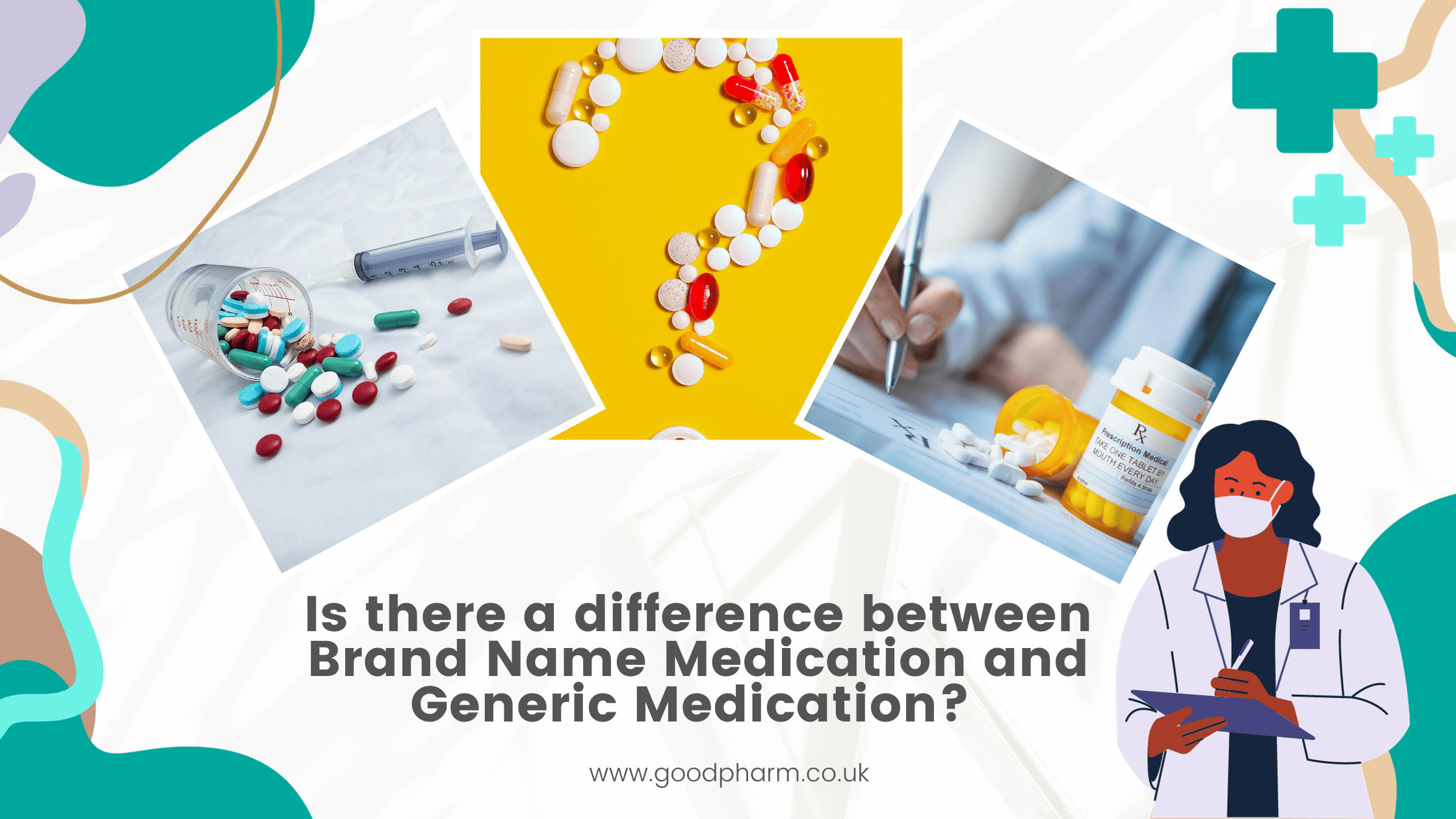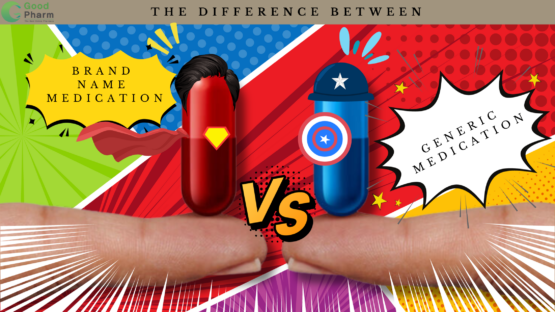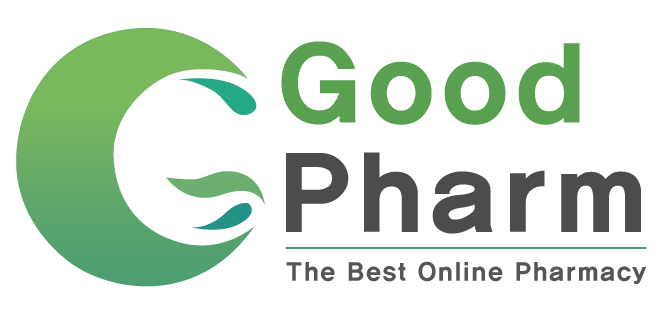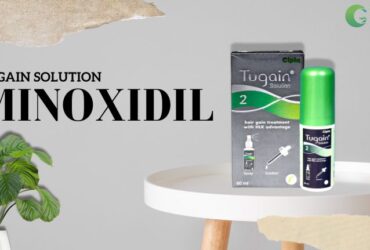- Your cart is empty
- Continue Shopping
Is there a difference between Brand Name Medication and Generic Medication?


When you visit a pharmacy to fill a prescription, you may encounter two types of medications: brand name and generic. While both are designed to treat the same medical conditions, there are important differences between them. In this blog post, we’ll explore these distinctions to help you make informed choices about your healthcare.

Brand Name Medication:
- Name and Manufacturer: Brand name medications are developed and marketed by pharmaceutical companies that hold patents for the original drug. These companies invest significant resources in research, development, and marketing. As a result, brand name drugs often have distinct names, such as “Lipitor” or “Prozac.”
- Cost: Brand name medications tend to be more expensive than their generic counterparts. This higher cost reflects the expenses incurred during drug development, clinical trials, and marketing efforts.
- Appearance: Brand name drugs typically have a recognizable appearance, including distinct colors, shapes, and markings. The familiar appearance helps patients identify and trust their medication.
- Patent Protection: Pharmaceutical companies generally hold exclusive patents on new medications for a certain period, often around 20 years. During this time, no other company can produce and sell the same drug. This exclusivity allows the original manufacturer to recoup its investment and make a profit.
Generic Medication:
- Name and Manufacturer: Generic medications are produced once the patent on a brand name drug expires. Multiple generic manufacturers can then produce and sell the same medication under its generic name. These manufacturers must demonstrate that their generic version is bioequivalent to the brand name drug, meaning it has the same active ingredients and works in the same way.
- Cost: Generic medications are typically more affordable than brand name drugs. The competition among generic manufacturers helps drive down prices, making essential medications accessible to a broader population.
- Quality and Effectiveness: Generic medications must meet the same rigorous standards for safety, quality, and effectiveness as brand name drugs. Regulatory authorities, such as the U.S. Food and Drug Administration (FDA) in the United States ensures that generic medications are equivalent to their brand name counterparts.
- Appearance: While generic drugs may look different from the brand name version, they have the same active ingredients and therapeutic effects. Changes in appearance do not impact their efficacy.
The primary differences between brand name and generic medications relate to their names, manufacturers, and costs. Brand name drugs are developed and marketed by the original pharmaceutical company, tend to be more expensive, and often have recognizable appearances. Generic drugs, on the other hand, are produced by multiple manufacturers once the patent expires, are typically more affordable, and must meet the same quality and effectiveness standards as brand name drugs.
Patients and healthcare providers often choose between brand name and generic medications based on factors like cost, insurance coverage, and individual preferences. Regardless of the choice, both brand name and generic medications provide therapeutic benefits when used as prescribed and directed by a healthcare professional.






